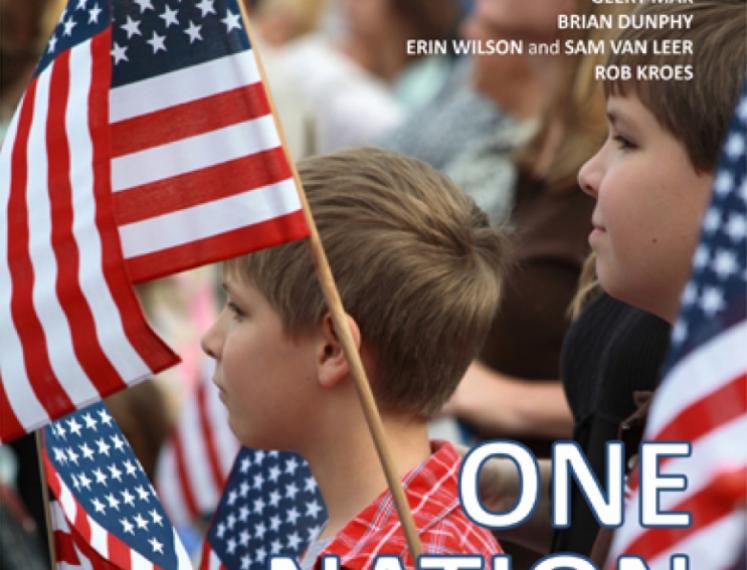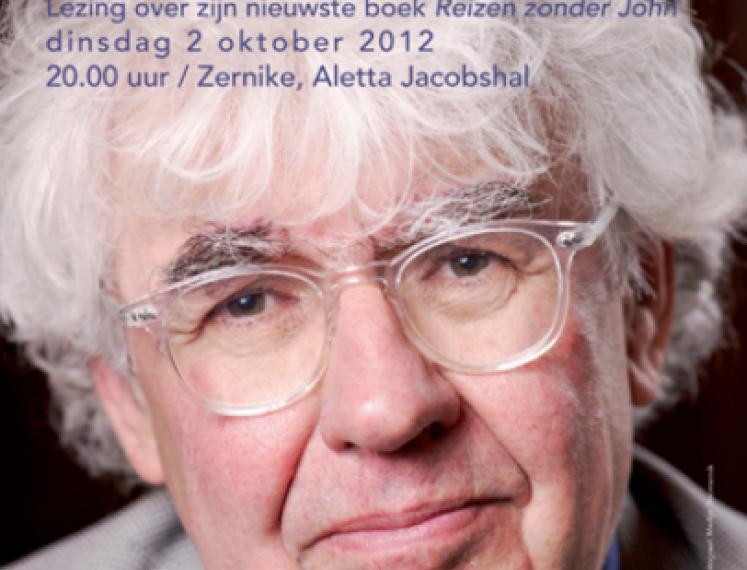The paradox of american global power
America's power and presence in the world is still unrivaled. The power and military reach invokes an image of imperative empire contrasting the long-established view of America as a benevolent power, a guardian of democracy and political freedoms.
America's power and presence in the world is still unrivaled. The connection between its power and presence is through a worldwide system of military bases, whose number is about a thousand. It is a system of high interconnectivity, involving cutting-edge communications technology. Pin-point military actions take place by remote control from half-way around the globe by people sitting at consoles at nodal points in the communication web. This configuration of power and military hardware conjures up an image of empire of worldwide reach. As such, like any empire before it, its central concern is the control of sources of unrest and restiveness within the limits of its imperial reach. In other words, it is subject to what we might call the imperial imperative. Empire is as empire does.
How does this square with the long-established view, among Americans as well as among those peoples at the receiving end of America's imperial sway, of America as a benevolent power, a guardian of democracy and political freedoms? What, if anything, has changed in America's international presence? Is it a matter of perception only, of people waking to the reality of the exercise of power, or have America's foreign policy elites fallen prey to the dictates of imperial leadership?
Rob Kroes is professor emeritus and former chair of the American Studies program at the University of Amsterdam. He is also Honorary Professor of American Studies, University of Utrecht. He is the founding editor of two series published in Amsterdam: Amsterdam Monographs in American Studies and European Contributions to American Studies. He is the author, co-author or editor of 37 books. Among his recent publications are: If You’ve Seen One, You’ve Seen The Mall: Europeans and American Mass Culture (1996), Predecessors: Intellectual Lineages in American Studies (1998), Them and Us: Questions of Citizenship in a Globalizing World (2000), and Straddling Borders: The American Resonance in Transnational Identities (2004). With Robert W. Rydell he co-authored a book entitled Buffalo Bill in Bologna: The Americanization of the World, 1869-1922 (2005) His most recent book is Photographic Memories: Private Pictures, Public Images, and American History (2007).




